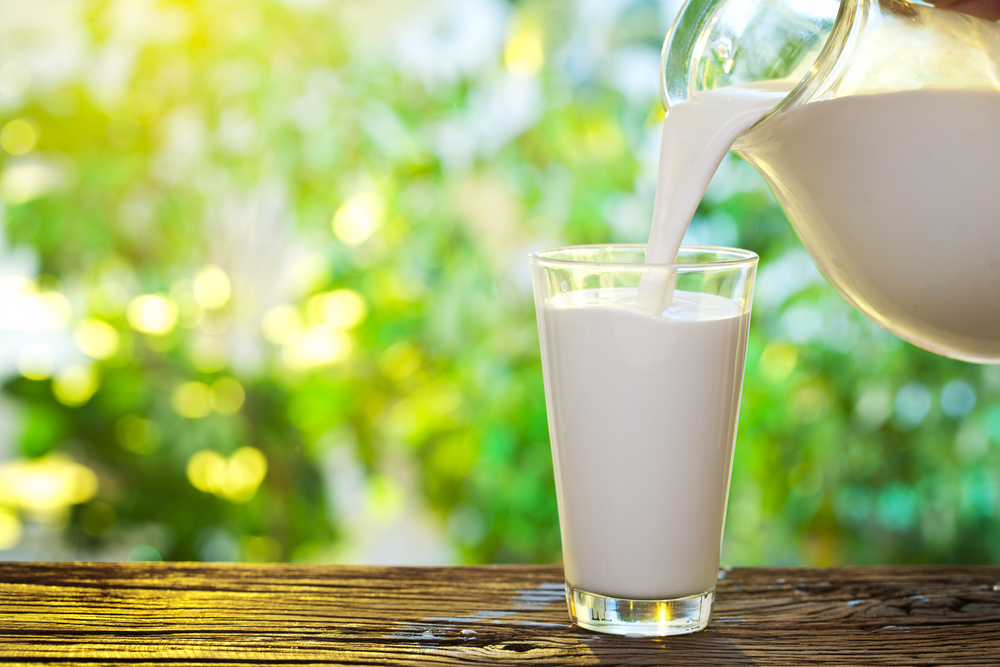
Foods That Cause Breathing Difficulties
Eating some foods makes breathing difficult for people with common breathing issues such as allergies, asthma, COPD, nasal polyps and cystic fibrosis. Some foods and beverages can cause digestive problems, and in turn, bloating and respiratory problems. When managing certain breathing-related health conditions, it’s wise to avoid food triggers that can cause flare-ups. This includes monitoring what you eat carefully and avoiding these foods that can trigger breathing issues:
1. Milk
Some people may have an allergic reaction after drinking milk. It might cause hives, wheezing, or swelling around the mouth. Because of this drinking it is something that should be limited or avoided entirely for these people.
2. Cabbage
Eating cabbage can cause bloating and gas. The gas and bloating can make a person’s midsection expand. This puts pressure on the diaphragm and can sometimes make it difficult to breathe.
3. Corn
Corn can be a trigger for people with asthma. Eating it could lead to an asthma attack or even anaphylaxis, which can be life-threatening.
4. Excess salt or sugar
Too much salt can lead to water retention. This can make it difficult to breathe. Use salt-free spices and herbs to season food instead of salt. Sugar can cause food allergy problems. Choose natural sweeteners instead.
5. Preservatives and additives
Preservatives such as nitrates and nitrites can be found in many lunch meats, bacon, and hot dogs. These can be COPD triggers. Try eating meats cured with different substances than these. Food preservatives potassium bisulfite, potassium metabisulfite, sodium bisulfite, sodium metabisulfite, and sodium sulfite can also be asthma triggers. Make it a habit to check food labels to see their ingredients to avoid problems.
COPD describes lung disorders including chronic asthma, emphysema, and chronic bronchitis. With COPD eating a large meal can lead to shortness of breath when the food presses against the diaphragm. Eating small meals throughout the day is better than having large meals. A healthy diet can help someone with COPD fight off infections. Reduced carbohydrate diets have also been shown to be helpful for those with COPD.
Many people have food allergies. Sometimes people don’t even know it until they eat something and have a reaction to it. If that happens, get tested by an allergy doctor. Allergy tests can determine what triggers you should avoid. Certain specialized tests can also reveal the severity of the condition. Changing your diet can help you feel healthier. Good food choices include low fat or fat-free fresh fruit and vegetables, legumes, and certain fish and poultry.
The airways leading to the lungs can be inflamed with asthma. This condition can sometimes flare due to some kinds of triggers. When an asthma attack occurs a person can feel like they’re not getting enough air to breathe. Manage your symptoms so they don’t interfere with your daily activities.



